-
Musical theme: Kahlil Gibran wrote an eloquent essay on music, though good luck finding it.
-
Outside your comfort zone: Capitalism as Civilisation by Ntina Tzouvala, a theoretical work which examines how western legal scholars categorized non-western polities based on a racist standard of civilisation and justified colonising them.
-
Book from a different cultural background: the Cairo Trilogy by the Egyptian author Naguib Mahfouz, a chronicle of a wealthy family witnessing the instability of the 1930s in British-occupied Egypt.
- 66 Posts
- 121 Comments

 5·2 months ago
5·2 months agoPiano. It would make sense that the songs I can play perfectly are the ones I composed. Otherwise, I enjoyed covering Tempelhof by Yann Tiersen.

 18·3 months ago
18·3 months agoThe public representation is more important than the ideology behind the process. Women take off their veils; they are emancipated.

 3·3 months ago
3·3 months agoOK, I will think about it. Thanks.

 3·3 months ago
3·3 months agoI never bothered with the social aspect of book platforms, so I use an offline tracker. Do you recommend me creating one?

 29·5 months ago
29·5 months agoIt’s all of lemmy actually, not just here.

 541·5 months ago
541·5 months agoThe irony is that the Americans are slaves to their electoral system. Liberal democracies are one big, pathetic myth where they make the masses believe that they are the ones in control of the polity and just like they elected someone into a position of power they can dismiss them in later elections.
The discourse that has been happening shows quite a different reality: Americans are treating the elections as if there is no alternative. Even if there indeed was no alternative, they don’t bargain with the ones in power, they don’t use their vote as a bargaining chip for political change. They are ready to vote unconditionally because they accept their candidate as is.
You don’t see democrat voters pressuring the Biden administration to put an end to the genocide in Palestine. They feel uneasy towards what’s happening but ultimately they consider themselves to be powerless. Western democracy and constitutionalism have politically alienated the people.
 3·5 months ago
3·5 months agoZoroastrianism is a principle component of Iranian identity in the antiquities, especially under Achaemenid rule during which its doctrines were formalised and the church was tied to the state apparatus.
As the empire grew, Zoroastrianism was spread as far as India (I heard the biggest Zoroastrian community today is located there). Some vassal states within the Acahemenid/Sassanid spheres of influence even adopted the religion, such as Armenia before it converted to Christianity. The extent of Zoroastrianism was so deep-rooted in Iranian societies that even centuries after the Islamic conquests it remained prevalent (There wasn’t forced conversion to Islam but many eventually did to avoid paying war tributes).
There was also a popular movement led by the Zoroastrian priest Mazdak who preached for an egalitarian social system and the distribution of the wealth of the nobility and priests to peasants.
I’m joining the war on cancer… On the side of cancer!
 5·5 months ago
5·5 months agoI am reading The Oxford Handbook of Iranian History as a preparation for my next read, which is Perceptions of Iran: History Myths And Nationalism From Medieval Persia To The Islamic Republic by Ali Ansari. One thing that the coauthors of the Oxford handbook have specially mentioned was the sense of national identity that premodern Iranians enjoyed, but it remains a very controversial subject. So I am intrigued to know how Ansari handles that question.
 1·5 months ago
1·5 months agoThe Garden of the Finzi-Continis by Giorgio Bassani. Although initially I couldn’t grasp much of what was happening in the prologue, as I progress it grows on me more and more.

 2·6 months ago
2·6 months agoWorks fine for me. You can open an issue on Github.

 541·6 months ago
541·6 months agoThrowback to when they announced releasing a simple phone. Fun times.

 4·6 months ago
4·6 months agoThe term “social democracy” is very deceiving nowadays since it does not pertain anymore to the roots of the ideology which has changed quite drastically in the last century.
The original premise was that socialism could be achieved through reform and not revolution (hence it parted ways with the Marxist position). That is, the State’s institutions were suitable enough to “eventually” or “some day” lead to a socialist mode of production, and so cooperation with the state and, by extension, the bourgeoisie were incremental for socialism. This is why socdem parties were firm believers that change comes from the parliamentary electoral structure (Esson, 2022). I am not going to argue why this is problematic—Marx and Engels have said enough regarding this.
However, social democracy as we know it in the modern age is vastly different from what it used to be. The ideology in the 70’s has become attached to the Third Way and socdem parties throughout the world gradually adopted neoliberal policies, pressured by electoral competition. And the Scandinavian countries, home of social democracy, are an exemplary case to this. Just compare their parties’ agenda before and after WW2 and you will see what I am talking about.
To refer to “social democracy” as anything less than capitalism would be factually fallacious.
The existence of lemmy.world which you’re part of, proves that lemmy tolerates right-wing instances if you ask me.
Make use of the decentralized nature of lemmy, the devs won’t knock at your door for creating or posting on right-wing instances.
 2·6 months ago
2·6 months agoSo the snippets are a commom feature to most of his writings, which honestly makes reading nonfiction a laid-back activity. I will keep him in mind for later, thank you.
 3·6 months ago
3·6 months agoThis was the first time I read Galeano, and I was not disappointed. How did you find the trilogy?

 7·6 months ago
7·6 months agoCrime and Punishment was definitely a decent read. It’s full of Dostoyevsky’s (peculiar?) opinions about the trends of his time, but regardless he has a way with words. I commend you for your literary efforts, good luck! o7
 2·6 months ago
2·6 months agoAnd most chapters are basically one-page, easily digestible passages, so it isn’t a hard read.

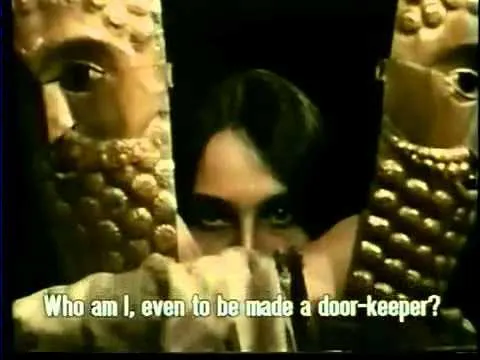

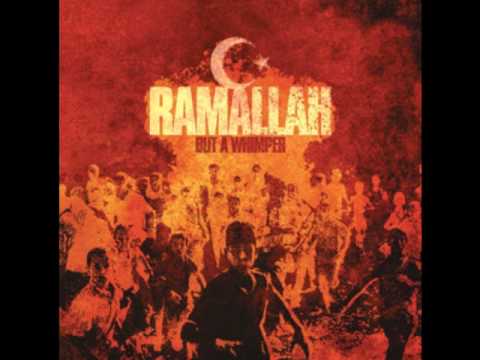









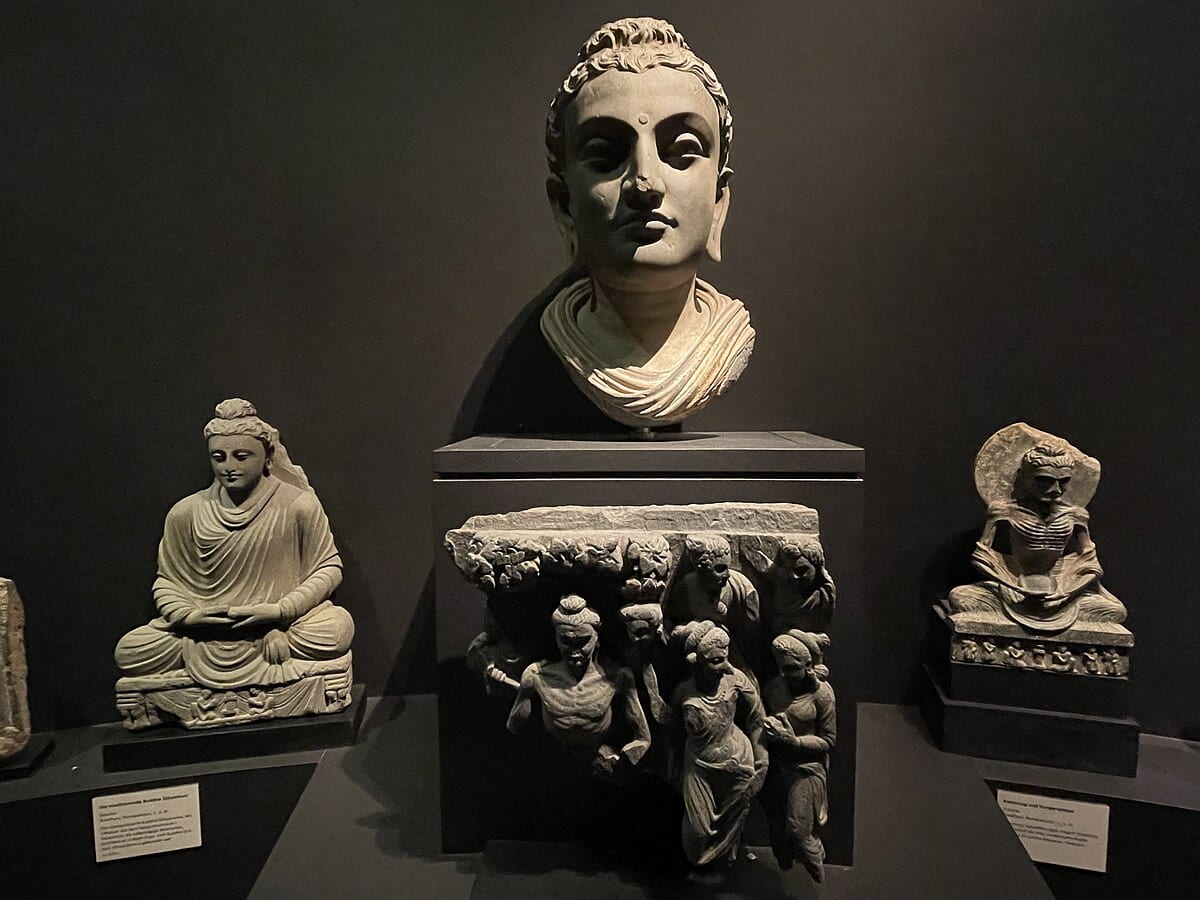






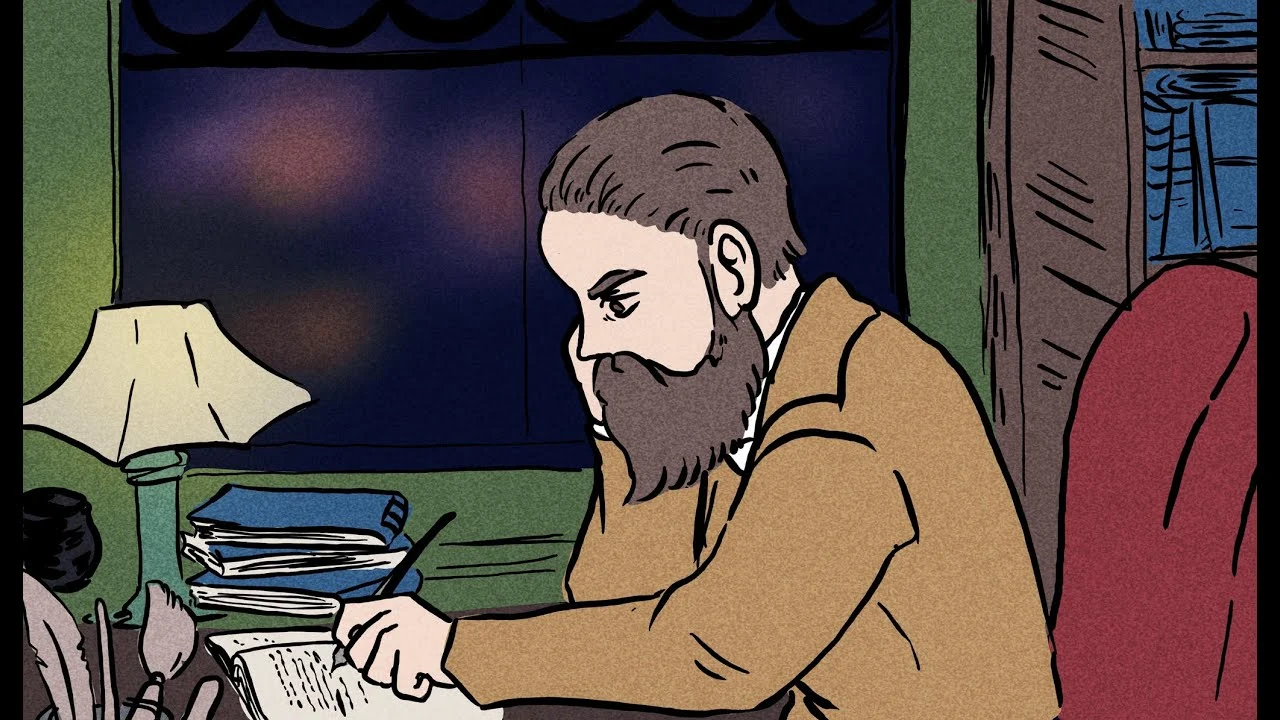

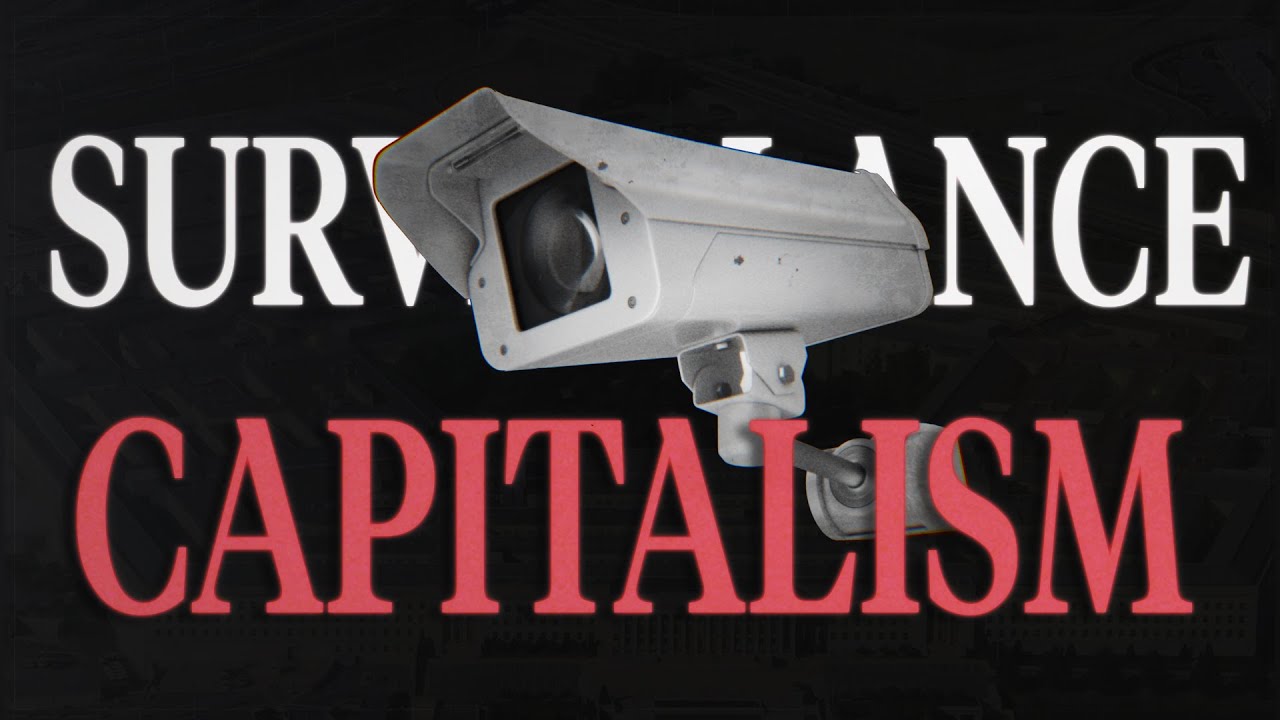



Ottoman Turkish, although the geographical terms and country names wouldn’t have differed much.